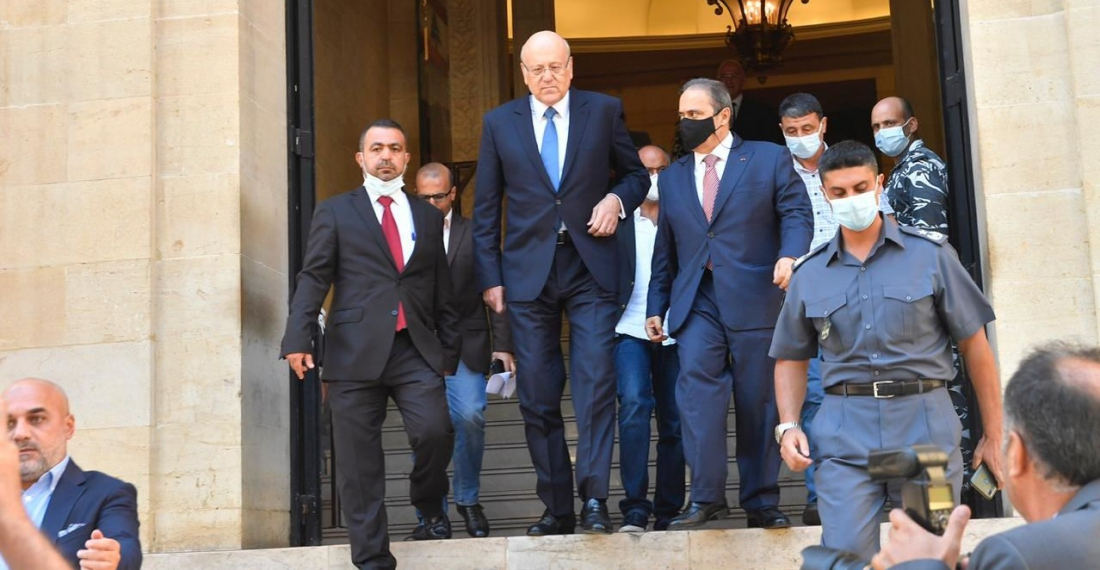Lebanon has a new prime minister designate tasked with forming a government after the former prime minister designate, Saad Hariri, said he will no longer form Lebanon's next government. Najib Mikati, who is a business tycoon, started consultations with leading political parties in the parliament on Tuesday (27 July).
The billionaire politician has already served in office twice before, from April 2005 to July 2005 and from June 2011 to February 2014. Lebanon has had no government since last August when the deadly Beirut explosion led to the resignation of then prime minister, Hassan Diab.
The designation of the 65-year-old Mikati, considered to be Lebanon's richest man, was met with general scepticism. To many locals, he is a symbol of oligarchy and corruption, and the country's main Christian parties did not show support of him. Hezbollah deputy Mohamad Raad downplayed the prospect of whether Mikati could quickly form a new cabinet.
The international community was not warm in its welcoming of the appointment also. France simply urged the new prime minister designate to swiftly deliver a competent lineup.
Mikati is the third person within a year who has been tasked with the mission now deemed for many as impossible. If he succeeds, Mikati has promised to implement the French roadmap on reform and transparency that is a condition for a hefty aid package which Lebanon desperately needs.
Despite the scepticism on the Lebanese street, and the wariness of Christian parties, Mikati secured a majority support at the parliament.
For now, Mikati wants two independent ministers for justice and interior affairs, which President Michel Aoun might not be willing to accept. In his late afternoon meeting with the president, Mikati said that they both agreed on the urgency of the process
"The President and I are maintaining this pace of speed and I can say that we have entered into some details, and the opinions were very, very, very identical, and God willing we will meet in successive meetings over the next two days, and God willing we will see a government soon."
Managing the relationship with Hezbollah is also a challenge for the the possible new government. Mikati told the press that he knows his “limits in the relationship between Hezbollah and Iran. We do not want Lebanon to be a conduit for conspiracy against any Arab country”. he said.






